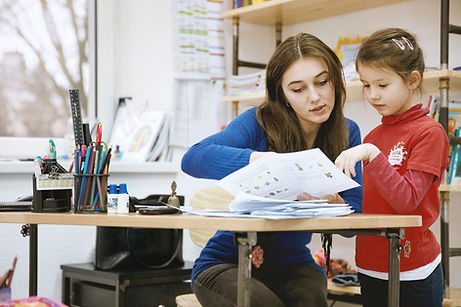
Join our Community
Receive our FREE Printable's, Fresh Tips and Helpful Book Summaries.
Stay Up to Date and Connected with the latest research and information.
We don’t like SPAM and promise to keep your email address safe!



Reach Out to a Professional
Reach Out to a Professional Counsellor, Coach or Psychologist
If it feels too big and overwhelming, please reach out for help from a professional counsellor, coach or psychologist. There is so much value in finding someone with the professional background and experience that fits well with your child and their individual challenges.
You and your child both need to connect and feel comfortable with this person, trust is essential for good communication, sharing, learning and progress.
Psychologists who specialise in helping anxious children may choose to use Cognitive Behavioural Therapy (CBT) and/or Socratic Questioning to help your child manage their anxiety.
With my daughter, I found that after the challenging situation had well and truly calmed down, a quiet chat using some of these questions was really helpful as a learning tool for how things might go differently next time.
The theory behind this is that the child is asked a number of Socratic questions and through the discussion, they reassess the ‘reality’ of a situation. They may also consider the validity of their automatic negative thoughts, with the hope of replacing these negative thoughts with positive and realistic thoughts.
Find below a list of slightly adapted Socratic questions, I have made them easier for children to understand by adding a few descriptive words.
A few examples of Questions to ask and discuss:
-
What’s the evidence or proof or facts that… something (negative) will happen?
-
What’s the evidence or proof or facts on the other (positive) side?
-
What’s another way of looking at the situation?
-
[If the worst happens] How could you cope? What could you do?
-
What’s the best that could happen?
-
What’s the most realistic or likely or sensible outcome?
-
What happens when you tell yourself (negative thought) over and over again that…
-
What would happen if you changed your thinking?
-
What would you tell a friend in the same situation?
-
What do you think you should do?
These types of questions are also used within the Cool Kids Program (Detective Thinking) and the GoZen Videos
HELPFUL RESOURCES

GoZen is an on-line program provides learning through animated videos, children watch entertaining cartoons to learn skills of resilience and well-being.
Get More Information and see a Free Video Sample
One of the things I love most about this program, is that parents and children can watch and work through the videos and resources together. I think it’s an EXCELLENT resource for kids and parents alike.

The Cool Kids program is a structured, skills-based program that teaches children (including teenagers) and their parent(s) how to better manage a child’s anxiety.
It involves the participation of the children and their parent(s), and focuses on teaching clear and practical skills.
If you or anyone you know is suffering with anxiety, you can find help at Beyond Blue on 1300 22 46 36 or visit the Beyond Blue Website
Headspace is the National Youth Mental Health Foundation providing early intervention mental health services to 12-25 year olds, along with assistance in promoting young peoples’ wellbeing. This covers four core areas: mental health, physical health, work and study support and alcohol and other drug services.
If you know of a young person who needs help dealing with their current challenges, you can find help at